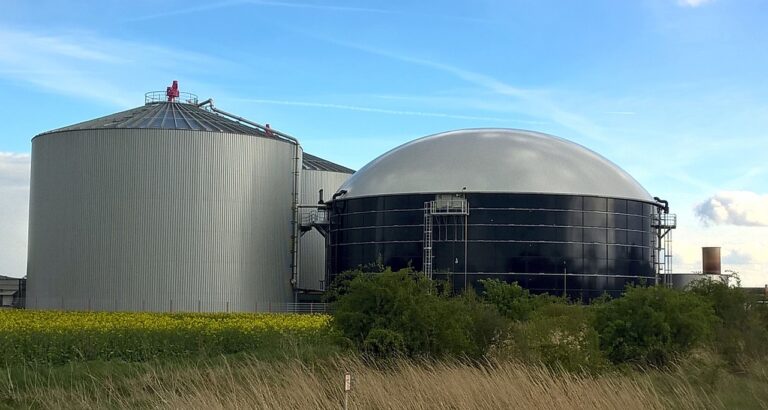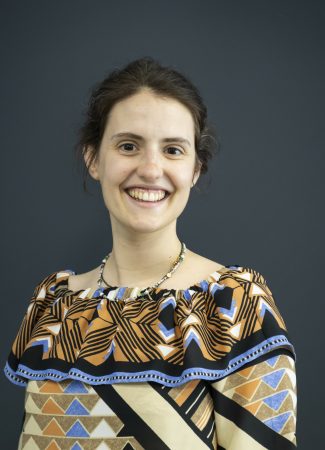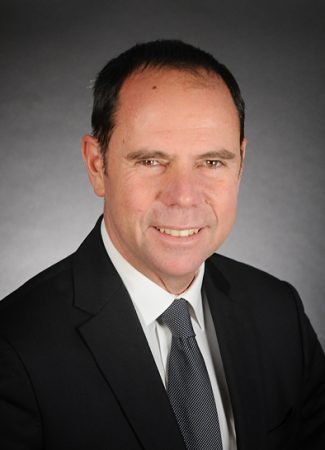A new day, a new article on Covid-19 pandemic effects on the economy. Leaders of the big industries continue to watch, with great concern, the overall evolution of markets, especially now that deconfinement phases are being implemented in most of the EU countries. The current health crisis is forcing both production and services sectors to make huge adjustments to square accounts, with the risk this entails both re. financial losses and market share. When faced with such a sudden crisis, the quickest one to react is usually the one that benefits most, given that sometimes the key is not who is best, but who is first.
Even in the French energy renewables industry, less impacted by the health crisis than other sectors, actors are also showing their concern due to delays in the supply chain, works in progress being stopped or the potential risk of incentives being diverted to other activities of higher priority. In fact, what has happened to renewable energies during the health crisis?
On the PV sector front, the confinement period has brought about a halt in the deployment of PV plants in France, both on the administrative procedures side for new projects as well as in the completion of those projects already under construction. During Q1 2020, 176MW capacity were installed whereas, during Q4 2019, 205MW were installed, that is, a reduction in installed capacity of 16%, though it represents an increase of 10% when compared to Q1 2019, with 160MW capacity installed. However, given that confinement in France started on March 17th, Q1 2020 cannot be considered as representative. It won´t be after some months that the actual figures will show the stoppages and delays previously mentioned. In any event, estimates point to loss of activity of 90% during the confinement period.
These effects of the health crisis have an even higher impact in the already confirmed delay in the accomplishment of the PPE (Multi-year energy Plan) in terms of solar energy. Faced with this situation, the Enerplan association proposes a set of guidelines to ease these effects and thus reach the objectives outlined in the PPE, at a rate of 3GW/yr of new installed capacity. Some of the regulatory or administrative proposals read as follows:
- Liberalization of small size installations, increasing the threshold of the tariffs window to 1MW.
- Tariffs system
- Increase the volume of call for tenders (just as the EU intends to do)
- Reduce the number of necessary permits or their administrative procedures so that new assets can be built in less than 10 months.
As for the wind energy sector, 227MW capacity was installed in Q1 2020, that is, an increase of 24% when compared to Q1 2019, but a reduction of 52% when compared to Q4 2019, which saw 572MW capacity being installed. Although the available statistics do not yet include the confinement period, it is believed that between 300 and 700MW have seen their installation delayed, with recovery forecasted to be reached in one or two years.
To achieve this recovery, <<France énergie éolienne (FEE)>> is asking the government to reach a significant agreement both for onshore and offshore wind energy to ensure that the objectives and volumes contained in the PPE will be respected. To this effect, the following areas for improvement are being considered:
- A better forecast of regional needs for connection capacities and a reduction in delivery terms.
- A simplified and stable legal and financial framework, together with an increase in volume of future calls for tender.
- The liberalization of distance and height limitations (adapting to aeronautical ceilings and coexistence with radars) should allow for new locations to be equipped in order to boost a harmonious development of wind energy across the national territory.
- The deployment of newer machinery (increased size and capacity), which optimizes costs reduction and the number of assets installed and renovated.
- A very much needed technology flexibility in terms of environmental permits and the optimization of administrative procedures, especially for the renovation of wind farm parks.
Both the EU and governments of all countries are launching a number of initiatives aimed at the recovery of the economy in the aftermath of the health crisis. EurActiv, a website specialized in European affairs, has leaked a draft of the European Commission reconstruction plan focused on sustainable development and digitalization. Amongst others, the plan foresees a program for call for tenders for the EU of 15GW capacity during 2 years with a total capital investment of 25.000 million Euros. In 2019, 30GW solar and wind capacity were built in the EU-28, which would mean 25% of the total capacity as it allocates 7,5GW/yr. The aim of this plan in none other than to overcome the COVID-19 crisis. This, together with the new PPE presented by the French government at the end of April, makes us believe in a quite fruitful future for renewable energies in France.
The COVID crisis, together with its confinement, has allowed us for some time for reflection. As a Chinese saying goes, ‘There are opportunities in any crisis’. Without a doubt, and despite the halt experienced, the renewables energy sector will come out stronger from this crisis. The launching plans, supported by European or national public powers, will give wings to the development of renewable technologies. At least to those which create higher employment. The actors of the renewables development, well positioned and with enough financial muscle to cope with this exceptional crisis, have nothing to fear from the future post-COVID-19, though maybe taxpayers do.
José Luis Fernández-Figueroa González







